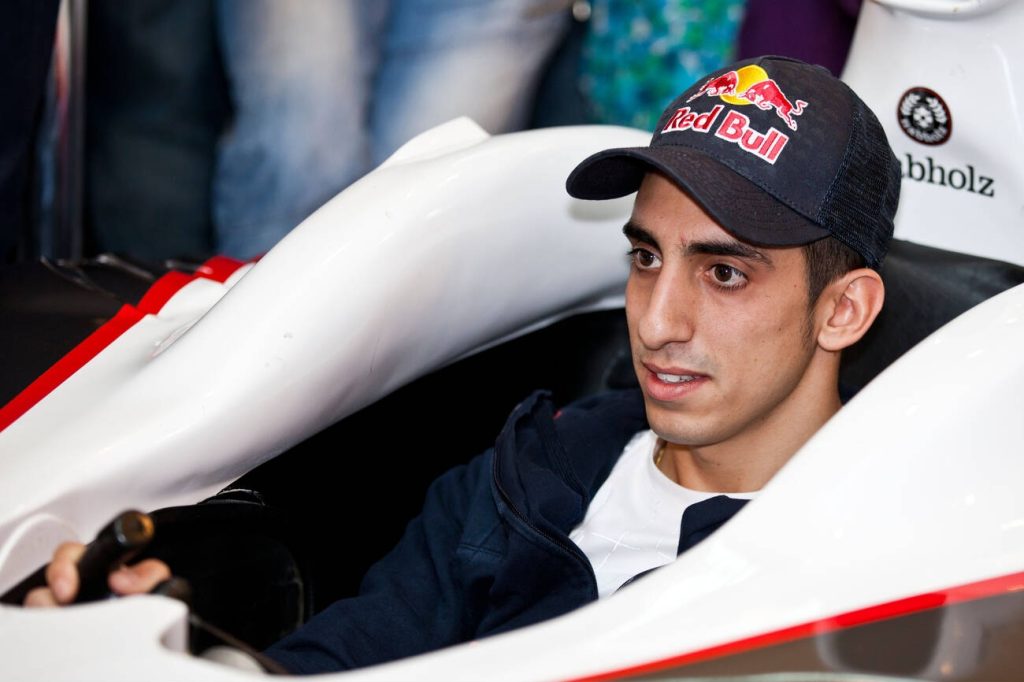Strap in and get ready to discover the essential skills needed for success on the track. From mastering high-speed control to optimizing vehicle performance, this article will delve into the driving skills, mechanical knowledge, physical and mental abilities, and crucial techniques that separate the winners from the rest. So, if you’re ready to rev your engines and take your racing dreams to new heights, let’s dive into what it really takes to be a champion.
Driving Skills
Good driving skills are essential for racing, including technical control at high speeds and efficient braking and acceleration. Smooth cornering is crucial in maintaining speed and minimizing tire wear. By employing slipstream strategies, you can use the aerodynamic advantage of the car ahead to gain speed and overtake opponents. Mastering braking techniques is important for maximizing corner entry speed while maintaining control. Understanding the optimal racing line helps you take curves efficiently by reducing distance traveled and improving exit speed. Additionally, being aware of weight transfer dynamics allows you to distribute the car’s weight effectively during acceleration, braking, and cornering for better stability and grip. Developing these skills will give you a competitive edge on the racetrack.
Mechanical Knowledge
To excel as a racer, it’s crucial to have a deep understanding of how the vehicle functions and how each part collaborates for optimal performance. This mechanical knowledge plays an essential role in maximizing your racing potential. From understanding engines to tire maintenance, aerodynamics optimization to suspension tuning, and vehicle dynamics, knowing the intricacies of your racecar will give you the edge on the track.
Here is a breakdown of key areas that require your attention:
| Understanding Engines | Tire Maintenance | Aerodynamics Optimization |
|---|---|---|
| Know how engines work | Regularly check | Optimize airflow around |
| tire pressure | the car | |
| and wear |
| Suspension Tuning | Vehicle Dynamics |
|---|---|
| Fine-tune suspension | Understand how |
| for optimal handling | weight distribution |
| affects performance |
Physical and Mental Skills
Improve your physical and mental abilities to handle the high G-forces and sustained heart rate that racing demands. To excel as a racecar driver, you must develop the following skills:
- Physical Stamina: Racing requires exceptional physical endurance to withstand the intense G-forces experienced on the track. Building upper body and core strength through rigorous training is crucial.
- Mental Fortitude: The ability to stay focused and handle pressure is essential in racing. Developing mental resilience allows you to make split-second decisions with confidence while maintaining composure.
- Situational Awareness: Strong situational awareness enables you to anticipate potential hazards on the track, react swiftly, and make strategic moves for optimal positioning during races.
- Stress Management: Effective stress management techniques are vital in high-pressure situations. Learning how to remain calm under intense circumstances will help you perform at your best when it matters most.
Essential Techniques for Racecar Drivers
When racing, it’s important to master skills like smooth braking and acceleration. Smooth braking allows you to maintain control of your car while effectively slowing down for corners or overtaking maneuvers. With proper weight transfer, you can optimize the grip and stability of your vehicle during these actions. Effective cornering techniques enable you to navigate turns with precision, finding the fastest line and maintaining speed. Skillful overtaking requires strategic decision-making and precise execution, allowing you to pass competitors without losing momentum. Lastly, mastering the efficient racing line is crucial for minimizing distance traveled and maximizing speed on the track. By honing these essential techniques, you’ll be better equipped to handle the challenges of competitive racing and improve your performance on the circuit.
Mental Skills for Racecar Drivers
Racing requires strong situational awareness and the ability to anticipate and react to potential hazards. To excel in this mental aspect of racing, you need to develop certain skills:
- Situational Awareness: Being fully aware of your surroundings while driving at high speeds is crucial. Pay attention to other cars, track conditions, and any potential obstacles.
- Stress Management: Racing can be stressful, with intense pressure to perform well. Learning effective stress management techniques will help you stay focused and maintain a clear mind during races.
- Resilience: Setbacks and challenges are inevitable in racing. Developing resilience will enable you to bounce back from failures and keep pushing forward.
- Anticipation and Reaction: Quick reflexes are essential for making split-second decisions on the track. Anticipating the actions of other drivers and reacting swiftly will give you an edge.
Having confidence in your driving abilities is also vital for success in racing. With these mental skills honed, you’ll be better equipped to handle the demands of competitive racing.
Security Concerns and Precautions
To protect your privacy while browsing the internet, it is important to be aware of the security concerns and take necessary precautions. Here are some key cybersecurity measures you can implement to safeguard your data and prevent tracking:
| Privacy Implications | Data Protection |
|---|---|
| Tracking by advertisers | Use a reputable VPN |
| Collection of personal information | Enable browser privacy settings |
| Sharing data with third parties | Regularly clear cookies |
In addition to these measures, user consent plays a vital role in protecting privacy. It is essential to carefully read and understand the terms and conditions before agreeing to any online services or applications. By being proactive in tracking prevention and taking control of your online presence, you can ensure that your personal information remains secure.
Alternatives to JavaScript and Cookies
If you’re looking for alternatives to JavaScript and cookies, consider exploring Progressive Web Apps (PWAs) that offer similar functionality without relying heavily on these technologies. PWAs leverage HTML5 features to provide interactive and dynamic content without the need for extensive JavaScript coding. Additionally, PWAs can utilize local storage as an alternative to cookies for storing user data, ensuring a personalized experience without compromising privacy. Server-side technologies like PHP and ASP.NET can handle user data efficiently, reducing the reliance on client-side scripting. Furthermore, Content Delivery Networks (CDNs) can improve website performance by caching content closer to the user, eliminating the need for JavaScript or cookies for optimization purposes. By embracing these alternatives, you can enhance your web development approach while minimizing dependencies on JavaScript and cookies.
Balancing Functionality and Privacy
When it comes to the online world, privacy concerns have become increasingly important. One area where these concerns are especially prevalent is in cookie management and website tracking. As a user, you have the right to know how your data is being collected and used. This is where the concept of user consent comes into play. It’s essential for website owners to provide clear information about their use of cookies and obtain your consent before tracking your activities.
However, there is often a trade-off between privacy and functionality. Enabling cookies allows websites to provide personalized experiences and targeted advertising, while disabling them may limit certain features or convenience. Striking the right balance between functionality and privacy is crucial for a positive user experience.
To protect your privacy, you can adjust your browser settings to control cookie behavior or regularly clear your cookies. By staying informed about the potential risks and making informed choices, you can navigate the delicate balance between privacy and functionality in today’s digital landscape.


